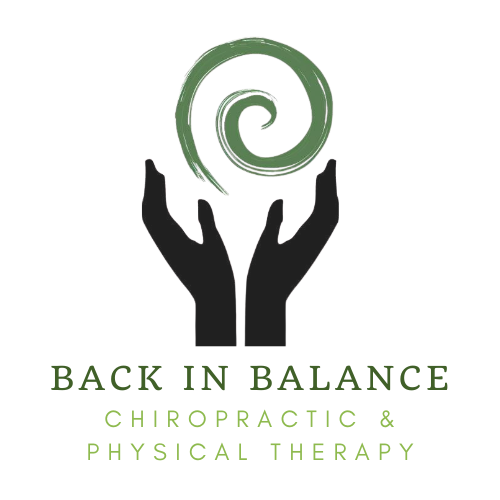Feeling Tired, Wired, or Just Off?It Might Be Your Stress Response.
The DUTCH CAR (Cortisol Awakening Response) test is a simple saliva test that gives powerful insight into how your body reacts to stress, especially first thing in the morning.
This test can help uncover:
→ HPA axis (adrenal) function
→ Cortisol & cortisone patterns
→ Root causes of fatigue, insomnia, anxiety, burnout, and more
Recommended if you’re experiencing:
- High stress or emotional overwhelm
- Low energy or mood dips
- Sleep struggles or burnout
- Chronic health conditions with no clear answer
The HPA Axis impacts everything — mood, metabolism, immune function, digestion, and hormones. When you’re stuck in stress mode, your whole system suffers. Let’s formulate the roadmap and tools to finally feel better.
What is the HPA Axis?
Understanding Symptoms of Dysfunction and How to Regulate It Naturally
The HPA axis, short for the hypothalamic-pituitary-adrenal axis, is one of the body’s primary systems for managing stress and maintaining hormonal balance. It plays a crucial role in your endocrine system, influencing everything from energy levels and mood to immune function and sleep cycles.
When this system is overworked or imbalanced due to chronic stress, poor lifestyle habits, or trauma, it can lead to a wide range of physical and emotional symptoms. Understanding how the HPA axis functions—and how to support it—can significantly improve your overall well-being.
What is the HPA Axis?
The HPA axis is a complex communication network between three key glands:
- The hypothalamus (in the brain)
- The pituitary gland (at the base of the brain)
- The adrenal glands (on top of the kidneys)
Together, these glands regulate the body’s stress response, especially the release of cortisol, your main stress hormone. When the brain perceives a threat, this system activates a “fight or flight” response. Once the stressor is gone, the HPA axis is supposed to calm back down. But in today’s world, chronic stressors—like overwork, poor sleep, and emotional strain—can keep the system stuck in overdrive.
Symptoms of HPA Axis Dysfunction
When the HPA axis becomes dysregulated, it can contribute to a host of symptoms, often misattributed to other conditions. Common signs include:
- Chronic fatigue
- Difficulty waking up in the morning
- Brain fog or trouble concentrating
- Mood swings, irritability, or anxiety
- Sleep disturbances (insomnia or non-restorative sleep)
- Hormonal imbalances (PMS, low libido, irregular cycles)
- Increased belly fat
- Weakened immune system
- Cravings for salt or sugar
This condition is sometimes referred to as adrenal fatigue, though that’s a non-medical term often used to describe HPA axis dysregulation.
Ways to Support and Regulate the HPA Axis
The HPA axis is highly responsive to lifestyle changes. Here are evidence-backed ways to help restore balance:
1. Manage Stress Effectively
- Practice mindfulness, meditation, or deep breathing
- Consider yoga or tai chi
- Spend time in nature and disconnect from digital stressors
2. Prioritize Sleep
- Aim for 7–9 hours of quality sleep per night
- Maintain a consistent sleep-wake cycle
- Limit screens before bedtime
3. Support with Nutrition
- Eat whole foods, rich in B vitamins, magnesium, and omega-3s
- Avoid excessive caffeine and sugar
- Stay hydrated
4. Use Adaptogenic Herbs Like:
- Ashwagandha
- Rhodiola
- Holy basil
- Licorice root
These herbs help buffer the effects of stress and support adrenal health. See our HPA Axis Trifecta!!!
5. Exercise Wisely
- Engage in regular, moderate movement (like walking or light strength training)
- Avoid overtraining or high-intensity workouts when exhausted
6. Seek Professional Support
If symptoms persist, consult with Dr. Lindsey for a functional medicine appointment to assess your hormone levels, cortisol rhythms, and create a personalized plan.
Balancing the HPA axis is not about eliminating all stress, but rather building resilience to it. By supporting your body through nutrition, rest, and mindful practices, you can reclaim energy, improve mental clarity, and restore your natural stress response.



